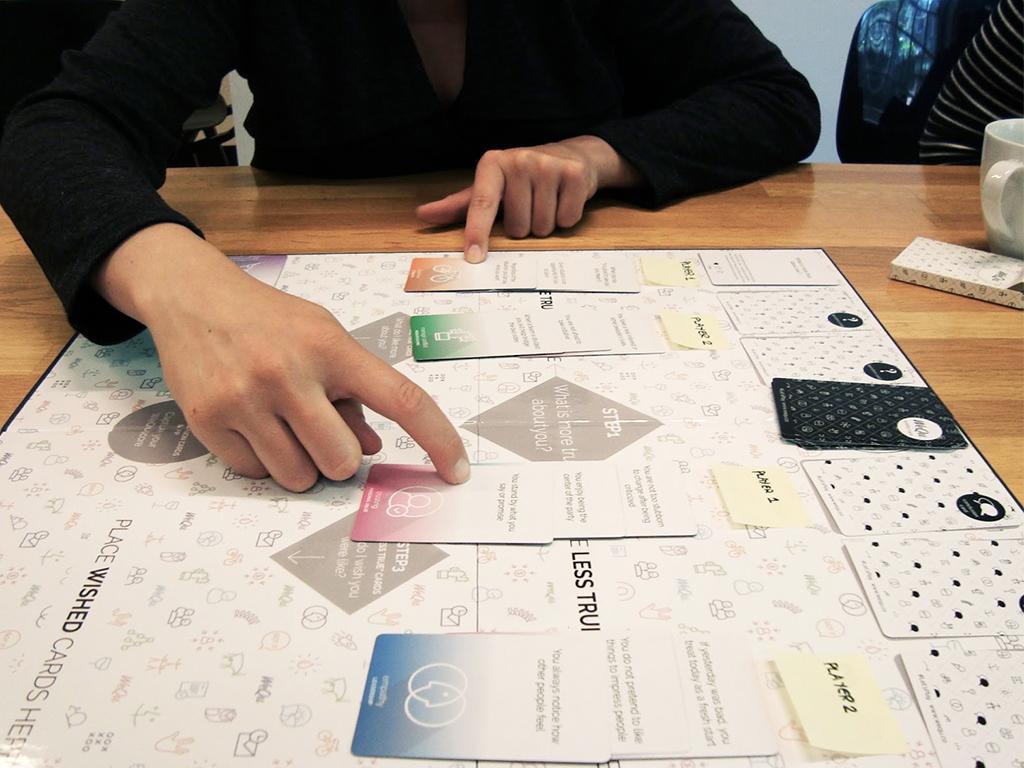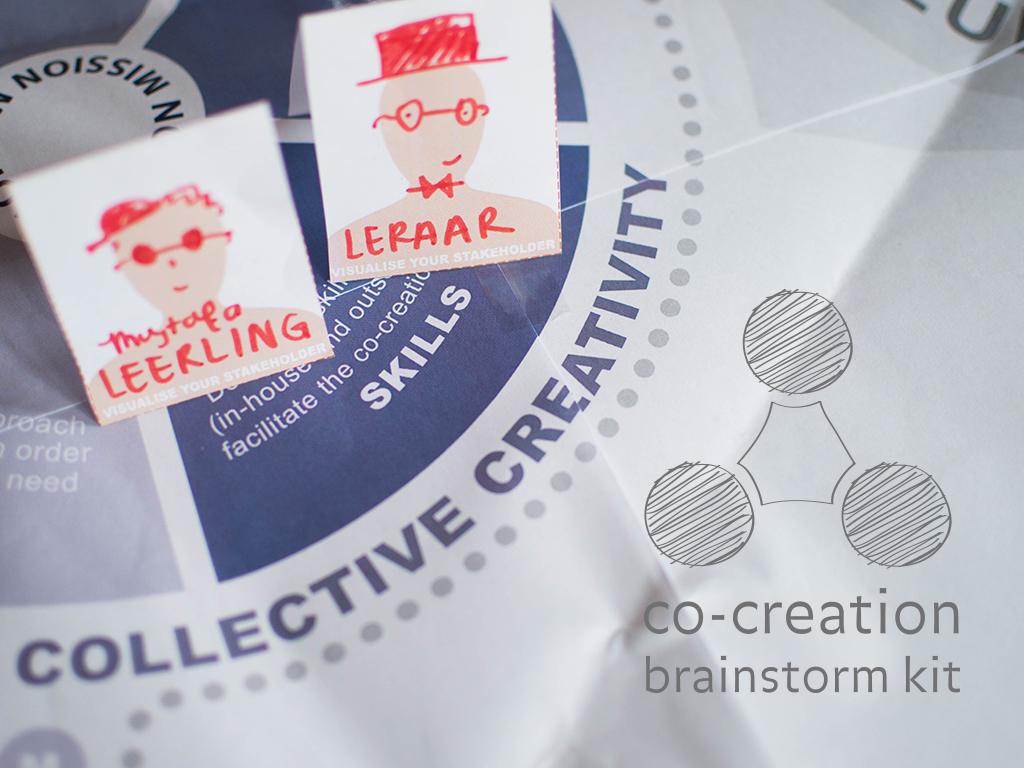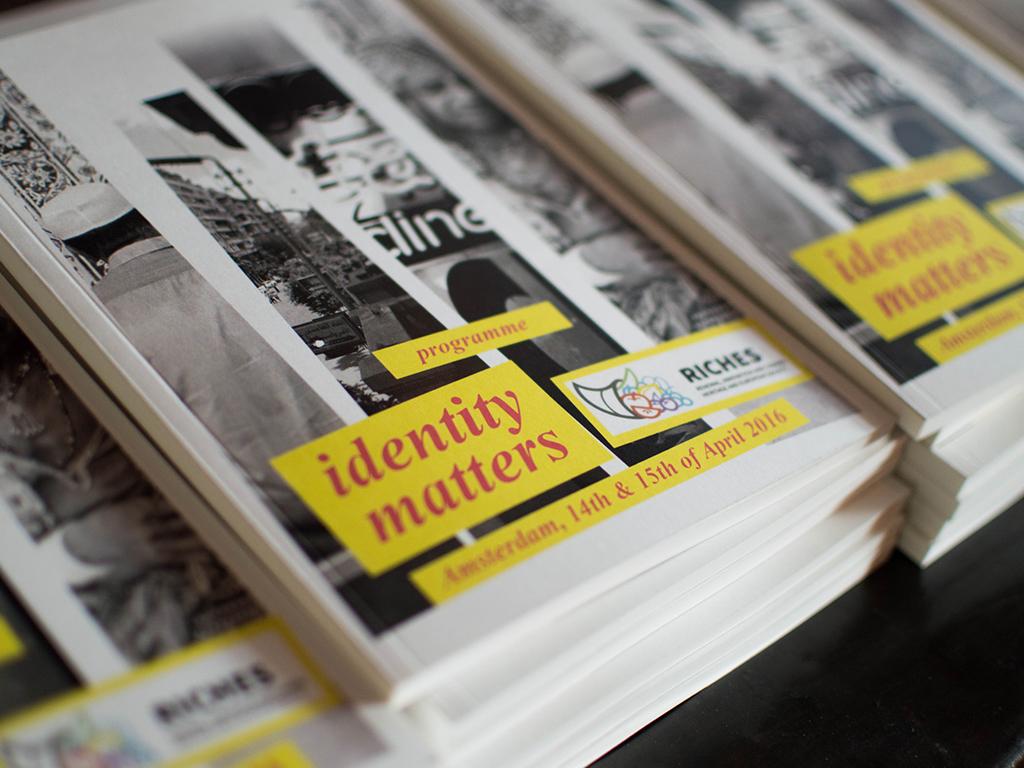We had the opportunity to play the new game WeQu, which recently launched a Kickstarter campaign. WeQu is a game that allows players to get to know each other better using a set of cards that supports face-to-face conversations. WeQu is a startup founded by Ohyoon Kwon, a former fellow of Waag.
How it works
WeQu is inspired by Aristotles’ ethics and is based on the ‘Big Five’ personality traits. When playing WeQu, you learn about others and discover how other players see you in a positive and constructive manner. The WeQu deck is composed of cards describing essential virtues and characteristics like: honest, listening, assertive, and creative. Players take turns drawing two cards from the deck and selecting the card that fits their playing partner best. This way, the game promotes good conversations that help you discover things about yourself and others that you might never learn otherwise.
WeQu can be used in three different scenarios. First, when a new project starts team members can use the game to get to know each other better. Second, if a project team runs into a conflict the game could help them talk about issues and get to the core of the conflict. And last, a team that just finished a project can use the game to evaluate the project and give each other feedback.
Riches evaluation
Waag colleagues from the RICHES project team used WeQu to evaluate RICHES, a three-year project exploring the link between cultural heritage institutions and our personal experience of identity and belonging.
The WeQu game supported a constructive face-to-face feedback session. Within a few minutes, every player was absorbed in a deep conversation. The game not only left room to talk about the Riches project itself, but also to reflect on work situations in general. Each player concluded the game with three personal insights: a positive essence they learned from the other players, a new aspect they discovered through the game, and one or more goals they could pursue to trigger positive change in work situations.
Evaluation of an evaluation
We wouldn’t be true Waag’ers without having some ideas about how to ‘hack’ the game. For example, the card set could be extended to include statements about content achievements instead of only relying on personal attributes. Also, the teams didn’t shy away from including negative feedback or adding blank cards, which left room to give more adequate feedback. They all liked the fact that the game sets the scene to have a serious conversation and allows you to say things to each other that are not always easy. The aspects of serendipity and being forced to choose one statement contributed positively to this.
All in all, it was a fun and inspiring morning and the lessons learned during the WeQu game by team RICHES will definitely help to bring other Waag projects to a successful conclusion! Thanks Ohyoon.
If you want to know more about WeQu, check out the WeQu website.



